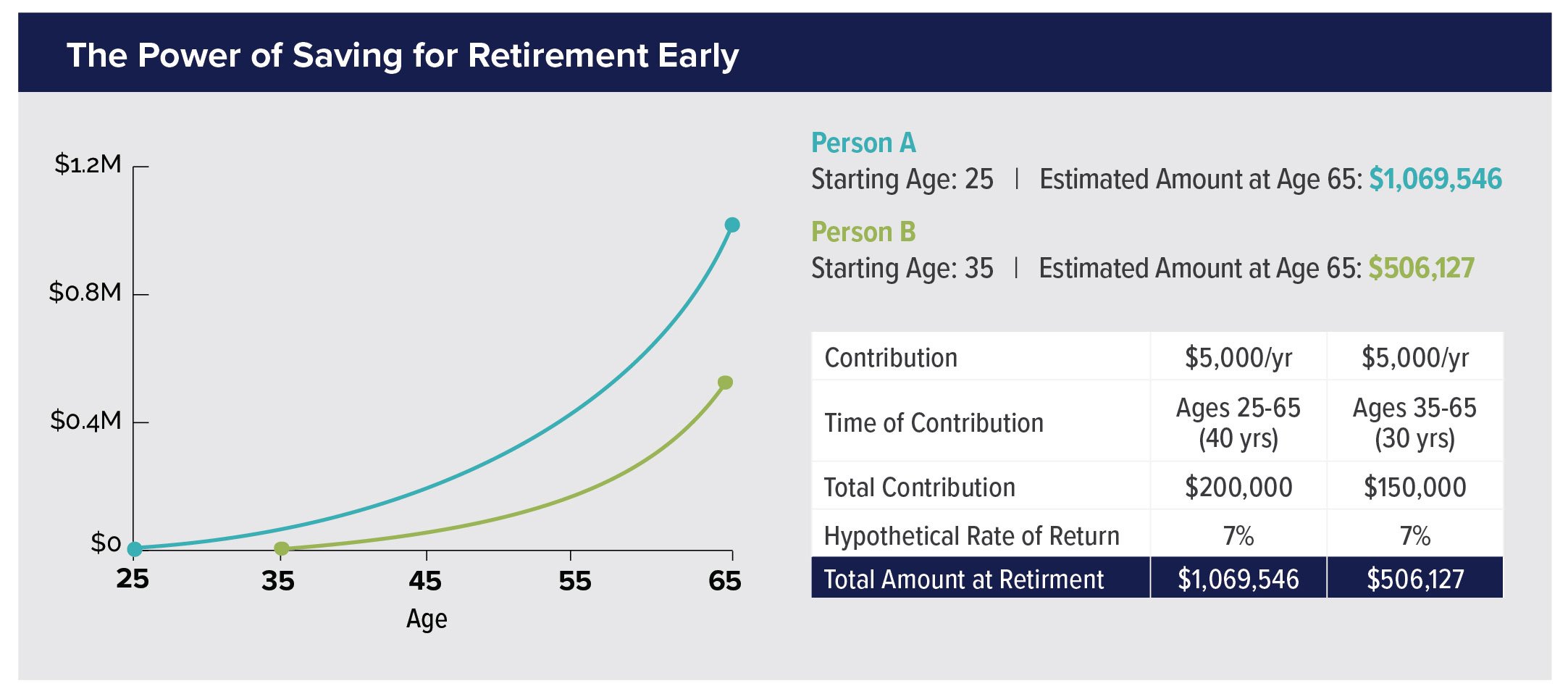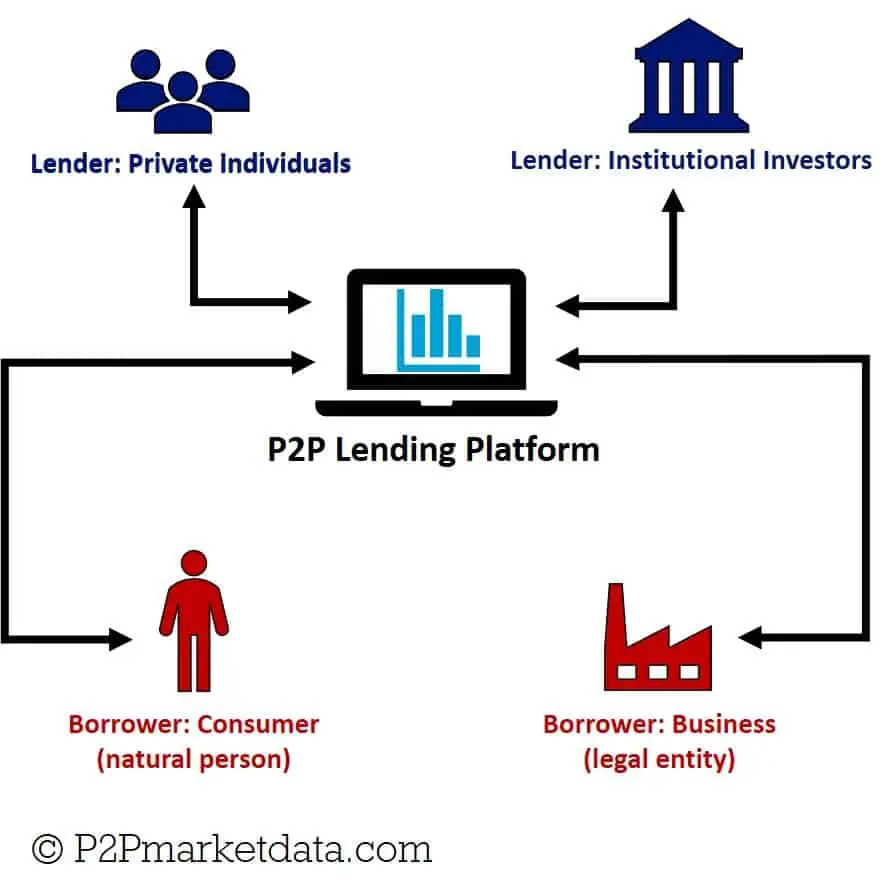Are you struggling to figure out how to budget for home maintenance costs? Don’t worry, we’ve got you covered! In this article, we will guide you through the process of effectively planning and managing your home maintenance expenses. Because let’s face it, unexpected repairs can really throw a wrench in your budget if you’re not prepared. So, if you want to avoid financial stress and ensure that your home is always in tip-top shape, keep reading to learn how to budget for home maintenance costs.
How to Budget for Home Maintenance Costs
Owning a home is a significant responsibility and requires regular maintenance to keep it in good condition. However, many homeowners find it challenging to properly budget for home maintenance costs. Without a well-planned budget, unexpected repairs and maintenance issues can quickly add up, leading to financial stress. In this article, we will discuss effective strategies and tips on how to budget for home maintenance costs, ensuring that you can maintain your home without breaking the bank.
1. Understand the Importance of Budgeting for Home Maintenance Costs
Before diving into the specifics of budgeting for home maintenance, it’s crucial to understand why it’s important in the first place. Here are a few key reasons:
- Protecting your investment: Regular maintenance helps preserve the value of your home and prevent more expensive repairs down the line.
- Avoiding emergencies: Planning for maintenance costs can help you address issues proactively, preventing costly emergency repairs.
- Peace of mind: Knowing that you have a budget in place can alleviate financial stress when unexpected maintenance needs arise.
2. Assess Your Home’s Maintenance Needs
To create an accurate budget, you need to have a clear understanding of your home’s specific maintenance needs. Consider the following aspects:
a) Age and condition of your home:
Older homes may require more frequent and costly maintenance. Assess the condition of various systems in your home, such as plumbing, electrical, HVAC, and roofing, to determine if any immediate repairs or replacements are needed.
b) Local climate and environmental factors:
Take into account the climate and environmental factors in your area. For example, if you live in an area prone to hurricanes, you may need to allocate funds for storm-proofing or potential roof repairs.
c) Regular maintenance tasks:
Make a list of routine maintenance tasks such as cleaning gutters, servicing HVAC systems, or replacing air filters. These tasks may not be highly expensive, but they should still be factored into your budget.
3. Analyze Past Maintenance and Repair Expenses
Reviewing your past maintenance and repair expenses can provide valuable insights into the average costs and frequency of home maintenance tasks. Take a look at your records, receipts, or bank statements to identify any patterns or recurring expenses. This analysis will help you estimate future expenses more accurately.
4. Set Realistic Budget Goals
Now that you have a clear understanding of your home’s maintenance needs and past expenses, it’s time to set realistic budget goals. Here’s how:
a) Allocate a percentage of your home’s value:
A common rule of thumb is to allocate 1% to 3% of your home’s value per year towards maintenance. For example, if your home is worth $300,000, you should budget $3,000 to $9,000 annually.
b) Break down your budget into monthly savings:
To make budgeting more manageable, divide your yearly maintenance budget by 12 to determine the monthly savings you should set aside for home maintenance costs.
c) Prioritize and categorize expenses:
Create categories based on the urgency and importance of various maintenance tasks. Prioritize essential repairs and allocate funds accordingly. This approach ensures that you address critical issues promptly while still budgeting for less pressing needs.
d) Consider setting up an emergency fund:
In addition to your regular maintenance budget, consider setting up an emergency fund specifically for unexpected repairs. This will provide a safety net and prevent you from dipping into your other savings or using credit cards.
5. Explore Financing Options
While budgeting for home maintenance costs is ideal, sometimes unexpected repairs or renovations may exceed your allocated funds. In such cases, it’s essential to explore financing options that can help manage the expenses without causing financial strain. Here are a few options to consider:
a) Home equity line of credit (HELOC):
A HELOC allows you to borrow against the equity in your home. It provides a flexible source of funds that can be used for various purposes, including home maintenance.
b) Personal loan:
If you need funds quickly or don’t have sufficient equity in your home, a personal loan could be an option. However, be mindful of the interest rates and terms associated with personal loans.
c) Credit cards:
While using credit cards for home maintenance expenses should be a last resort, they can be useful for small repairs or purchases that can be paid off quickly.
6. Regularly Review and Adjust Your Budget
Creating a budget is not a one-time task. It’s essential to review and adjust your budget periodically to ensure it remains aligned with your home’s maintenance needs and your financial situation. Consider the following:
a) Review your expenses:
Regularly review your maintenance and repair expenses, track any changes in costs, and factor them into your budget.
b) Identify cost-saving opportunities:
Look for ways to save money on maintenance, such as DIY projects or negotiating with contractors for better prices.
c) Re-evaluate your priorities:
As your home ages or your financial situation evolves, you may need to re-evaluate your maintenance priorities and adjust your budget accordingly.
In conclusion, budgeting for home maintenance costs is crucial for every homeowner. By understanding the importance, assessing your home’s needs, analyzing past expenses, setting realistic goals, exploring financing options, and regularly reviewing your budget, you can effectively manage and plan for home maintenance costs. A well-planned budget will not only protect your investment but also provide peace of mind knowing that you can handle any unexpected repairs that may come your way.
Budgeting Home Maintenance Costs
Frequently Asked Questions
Frequently Asked Questions (FAQs)
How do I budget for home maintenance costs?
When budgeting for home maintenance costs, follow these steps:
What should be included in a home maintenance budget?
A home maintenance budget should include expenses such as:
How much should I budget for home maintenance?
It is recommended to set aside about X% of your home’s value for annual maintenance costs. However, this can vary depending on factors like:
What are some common home maintenance costs that I should consider?
Some common home maintenance costs include:
Are there any home maintenance tasks I can do myself to save money?
Yes, there are several home maintenance tasks that you can do yourself to save money, such as:
Should I allocate a separate emergency fund for unexpected home repairs?
Yes, it is a good idea to have a separate emergency fund specifically for unexpected home repairs. This fund can help cover expenses in case of:
How often should I review and update my home maintenance budget?
You should review and update your home maintenance budget:
What steps can I take to reduce home maintenance costs?
To reduce home maintenance costs, consider taking the following steps:
Final Thoughts
In conclusion, effectively budgeting for home maintenance costs is crucial for homeowners. By allocating a specific percentage of your monthly income towards a designated home maintenance fund, you can ensure that there are funds available when unexpected repairs or replacements arise. Additionally, creating a comprehensive list of maintenance tasks and estimating their costs can help in estimating the amount to set aside. Regularly assessing and prioritizing maintenance needs, exploring DIY options, and seeking professional help when necessary can also contribute to budgeting success. Remember, by proactively budgeting for home maintenance costs, you can maintain the value and longevity of your property without financial strain.



